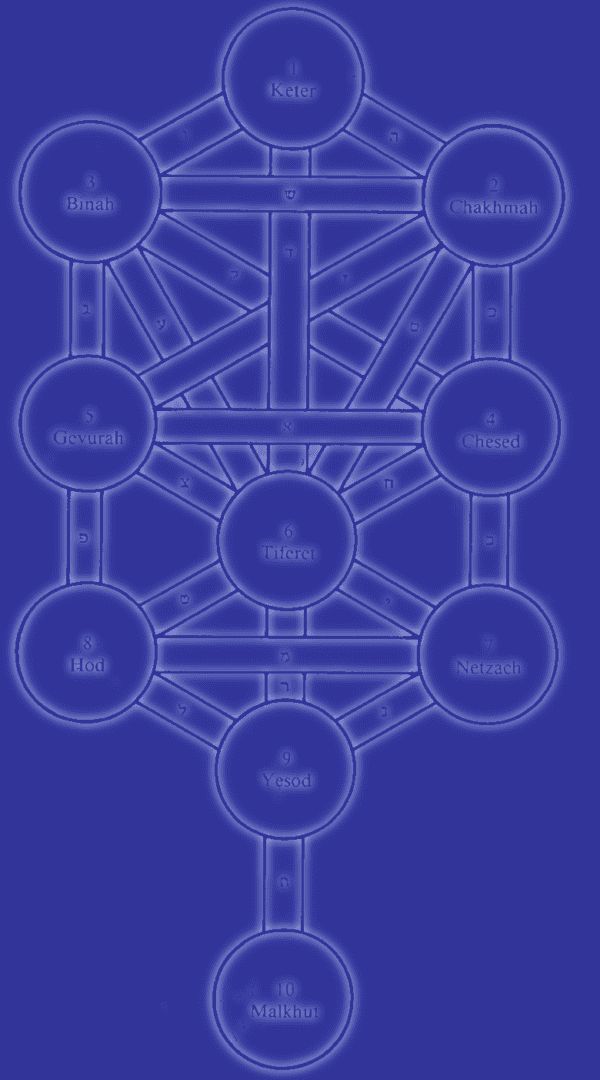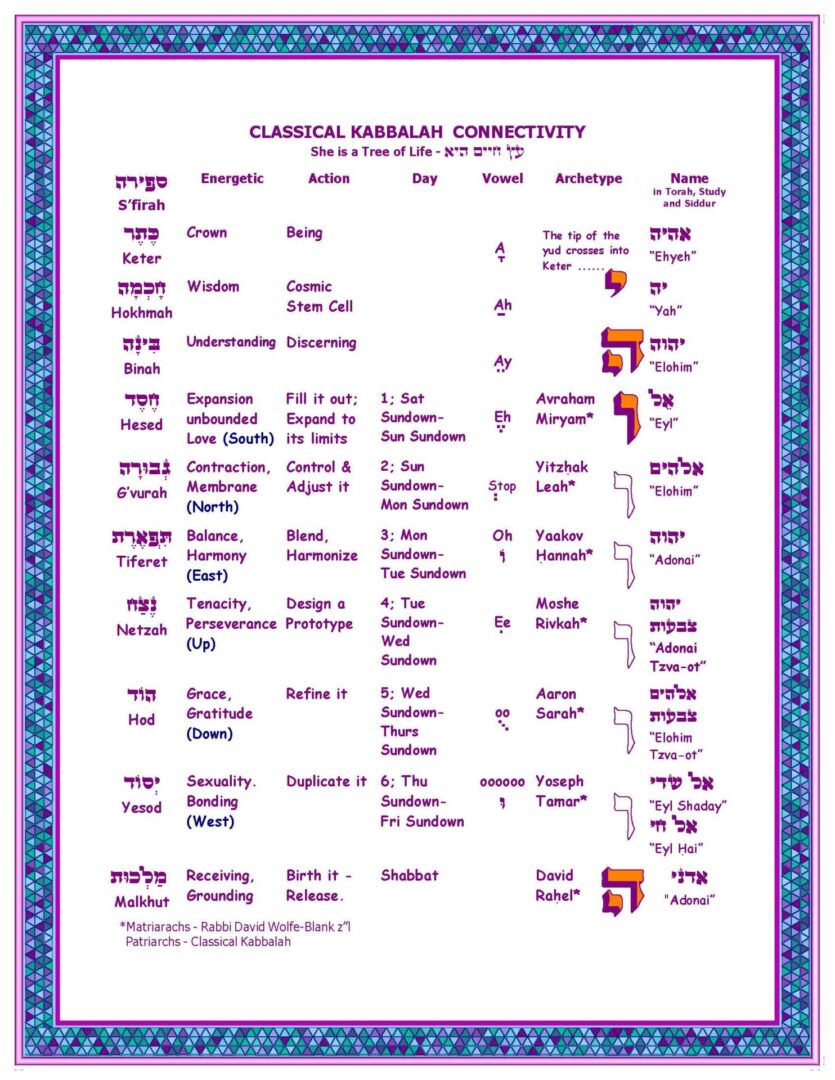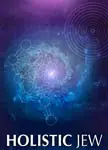Ki taytzay counts G’vurah in Sh’khinah
Adapted from Meta Parshyot 5755 by R David Wolfe-Blank, paraphrased from Sefer Bnay Yiasaskhar, and Living Torah by R Aryeh Ka[plan Shabbat 14 Elul Saturday Morning.

ELUL DEEPENING
This week the moon of Elul moves toward fullness and shines its brightest this Shabbat. Virgo, the maiden in the heavens, glows brightly, beckoning us toward T’shuvah’s and the return to coherence. It’s an annual invitation.
The Bnay Yisaskhar on Elul teaches that a problem cannot be solved at the level of the problem. The best way to bring about sustainable change is by accessing a higher level, setting an intention, and tracking the process. My teacher, Emilie Conrad z”l, taught the same in her Santa Monica studio.
During Elul, Virgo shines her blessings upon Earth. Virgo is a reflection of Binah (lit. Understanding). Another name for Binah is “High Mother.”
Binah exists at the 50th level – where the intention is set. She is the celestial mother who “sits” upon her nest, nourishing her babies -the seven lower S’firot. By setting intention, she directs emotion and action (Hesed, G’vurah, Tiferet, Netzah, Hod, Yesod, and Sh’khinah). Sh’khinah brings Divine nourishment to Earth. At the Binah level of consciousness, real change can be initiated and manifest over time. Since a problem cannot be solved at the same level, Binah and her higher, more holistic perspective is necessary for meaningful sustaining adjustment.
Below you will find an example of how this works:
INTENTION – BE A BLESSING MAGNET
CONSIDER THE EMPATH AND THE NARCISSIST
People can be divided into three general categories – 1) the secure person, 2) the empath, and 3) the narcissist. The secure person lives in harmony and is emotionally healthy. The empath is skilled at attuning to other people’s needs and desires, often neglecting their own. The narcissist values themselves above all else. They are adept at tuning into their passions and getting them to manifest, often even through ethically questionable means.
The empath and narcissist are on opposite ends of the same spectrum. Both have wounds to heal, typically a result of childhood trauma. Their actions attempt to bring a sense of balance to an unstable situation suffered. For example, a crying baby repeatedly ignored when crying rather than being tended to lovingly is likely to respond by learning coping mechanisms to fill their needs as adults. Empaths may feel unworthy and learn to attune to the needs of others in an attempt to receive the affirmation they long for. Narcissists move in the opposite direction – they learn to cultivate being the center of attention. The narcissist’s needs are their priority. Empaths and narcissists are often attracted to each other.
THE EMPATH ADJUSTS
An empath will send their energy to feel into the situation before engaging. They adjust to what is happening. Empaths put the needs of others and the collective first. Their focus is external, and often their own needs are forgotten. They are trying to fill a hole that another can not fill. Empaths learn how to read others better than they read themselves. They yearn to belong, be seen, and get affirmation. Sadly, the more they crave and express “needy” energy, the less likely they will attract what it is they desire. The empath can be “too nice,”; giving extra effort too often. It is a lot of work and is manipulative, though they may not be aware of it. Too often, empaths feel taken advantage of and unappreciated. No one else can fill that space of yearning except for you; it is no one else’s task to do this.
The problem with this is that rather than developing their framework, empaths look to others and adjust to meet their needs.
TIKKUN – ADJUSTMENT
Cultivating a framework from which to encounter others is a Tikkun (repair) for a suffering empath. Looking at our attributes and capabilities with a loving perspective builds self-identification. It provides a source of healthy boundaries. It is empowering to make decisions based on personal likes rather than the approval of others.
We become magnetic when we meet others from the power of knowing our framework, our identity, and our energy. When we know who we are and are comfortable in our skin, others become curious and want to know us. It is worthwhile to contemplate and cultivate your framework.
WRITUAL PRACTICE -KEEP IT POSITIVE
If this sounds like you, try this short exercise: Get an empty sheet of paper, a pen you like, or colored pens to choose from. Ask, “who am I?” and write words and phrases that come to you, and let it flow. Keep it positive. We are all “works in process”. Do not overthink.
You are likely to come up with some words that you are not sure reflect who you are today but would like to be; write them down. These can be the most fruitful.
Review the list
Does a particular word draw you? Is there an aspect you want to plant more deeply into your consciousness? Does a word come up more than one time? Is there something that needs to be planted more deeply into your soul?
Pick an attribute. You may be surprised at what speaks to you. Write that attribute out – I like to do word art, decorate letters, add images, and color with markers and pastels. Drawing offers a focus, and it is fun and creative. You could write the word in the sand, decorate it with intention, and take an image. Feel free to play in a way that is fun for you. Keep the attribute in front of you for several days to a week. This keeps it in your awareness and can change your relationship with the quality. It is holy play. Keep the image where you can see it for a few days until you feel complete. Then scan the list again, and see what else you want to explore.
You can update the list whenever you wish and do this as much as is meaningful.
BE YOU
Next time you find yourself engaging with folks rather than trying to normalize whatever is going on, reflect on the list and your growing sense of identity. (I feel this energy in my psoas, and this practice brings grounding.) Feel the power of your unique being; let it rise to your heart and shine. Connect with friends and community from there.
HARVEST THE FRUIT
Relationships are then organically being redefined. I feel a physical shift in my right and left hip and then grounding end of my torso – these relate to Netzah (Tenacity) , (Humility) , and Yesod (Intimacy and community) on the Tree of Life. Netzah and Hod are two ends of a continuum. Netzah is tenacious and driven, Hod pauses and waits for the time to act with the resources available. Hod holds a sense of beauty and whimsy, like catching a perfect wave. When these two are in balance Yesod opens and the foundation is established. It is profound, yet not surprising, to feel these shifts in the physical body as well as in relationships – the emotional body.
If you decide to try this, let me know how it goes.
This week’s Torah portion is KI TAYTZAY – WHEN YOU LEAVE YOUR BOUNDARIES
SYNOPSIS
Good laws make for a just and peaceful society. This Torah portion continues Moshe’s address. Most of it is social laws that have to do with how to treat others.
FAMILY LAW
The Torah portion begins with family laws. In the case of a war marriage, if a soldier was to take a woman of a conquered enemy for a wife, he had to treat her with respect and decency. He must allow her to mourn her family and past. She was not to be treated as a slave or property but as a person. If he did not love her after a month of her mourning, she was to be set free. If they stay together, her firstborn takes precedence over a later child of his second wife, like any other member of the tribe.
Parents are responsible for correcting and guide their children when necessary. When a child becomes rebellious, delinquent, and unruly , they become the whole community’s responsibility. “It takes a village.”
HANGING AND BURIAL LAW
Hanging and burial laws are outlined. Bodies of people punished with hanging are to be buried the same day. And so, it is traditional to bury all quickly.
LOST PROPERTY
Lost property is to be returned to the owner when possible, even if the finder does not like the owner.
KINDNESS TO ANIMALS
Kindness to animals is required by law. The relationship between a mother and child bird is respected.
PROPERTY OWNER RESPONSIBILITY
Accident prevention is the responsibility of property owners. Those owning buildings with roofs must ensure no when they fall from them. (I’ve seen city restrictions get in the way of this and make it challenging to comply with this Torah law.)
BOUNDARIES ON MIXING
An animal should not be paired for work with a different size and strength as it brings suffering to them both. Mixing of wool and linen is outlined for clothing, and wearing fringes is encouraged.
FAMILY LAW
The Torah portion returns to family laws. The holiness of marriage is stressed through the treatment accorded to a slandering husband and the punishment of faithless betrothed partners. Adultery and rape are treated as capital offenses. Incest is taboo, and certain types of marriage are forbidden.
CLEANLINESS IN AN ARMY CAMP
Personal cleanliness in the Army camp is mandated. Everyone must own a shovel and dig a hole as needed.
SLAVES, PROSTITUTION, AND CHARGING INTEREST
Compassion is mandated for fugitive slaves, prostitution is discouraged, as is taking interest on a loan from a fellow child of Yisrael.
Keeping vows and ways of protecting the farm laborer are delineated.
The laws of divorce are outlined.
Exemption for military service is outlined for the first year of marriage.
Punishment for kidnapping is summarized, as are laws for engaging in the slave trade, concern for the poor, the testimony of relatives, and corporal punishment in court.
The community is responsible for the needs of strangers, widows, and orphans. Special food must be designated for them.
Animals must be allowed to eat while working. Levirate marriage laws are outlined. Honest business practices are mandatory. A standardized measuring system must be established and used for scales.
Amalek’s actions should be remembered, and the memory of Amalek blotted out.



Ki Taytzay counts G’vurah in Sh’khinah
G’vurah provides order and focuses the movement of blessing. Its job is to direct flow, so blessings manifest on Earth. Sh’khinah is the Sovereign realm most grounded that impacts day-to-day life.
This Torah portion shares laws for intrapersonal exchanges. This is G’vurah relating to how we treat others, and discipline directs power to allow blessing to come forward. Sh’khinah is the ultimate receiver of all blessings. Then She may shine brightly on Earth.
This Torah portion begins with setting boundaries for someone attracted to a woman captive. These are intrapersonal laws. An odd limit is set for Amalek. We are to remember what they did, yet obliterate their memory. This is a pourous boundary, like a membrane of a cell.

